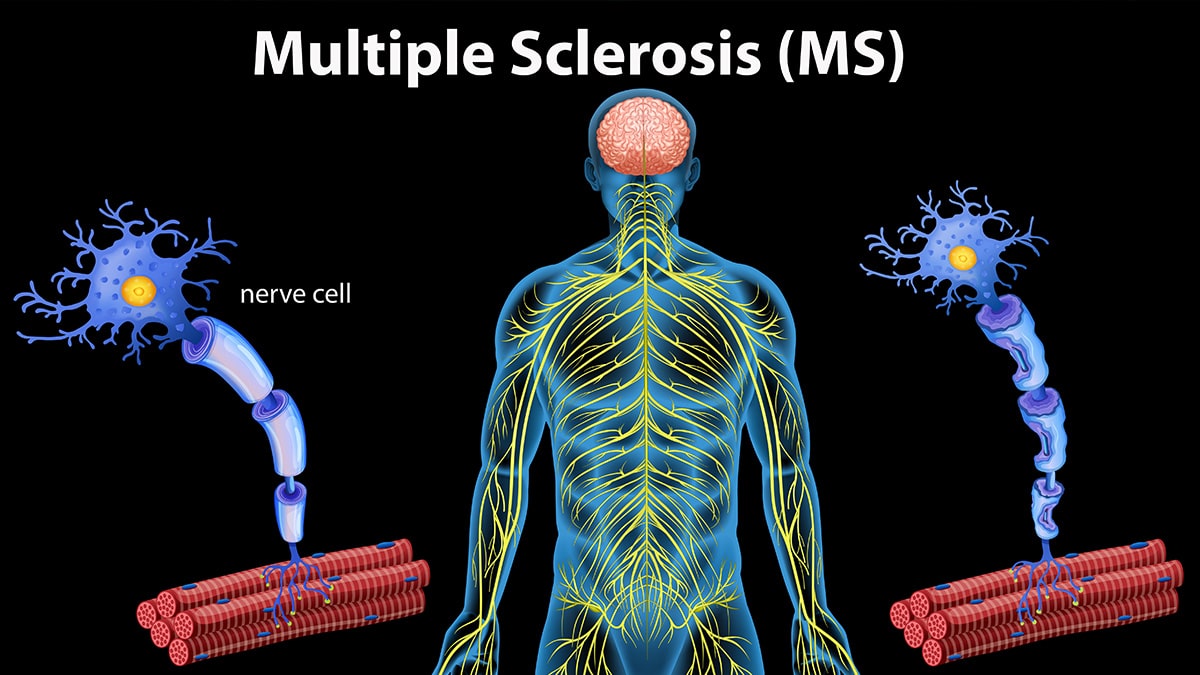Introduction
Dealing with a chronic condition like multiple sclerosis can be challenging, but with the right knowledge and support, managing the disease becomes more manageable. In this article, we will provide you with a comprehensive guide to understanding multiple sclerosis, its symptoms, treatments, and FAQs to help you navigate through this journey.
Benefits of Understanding Multiple Sclerosis
By gaining a deep understanding of Multiple Sclerosis, individuals can better cope with the disease and make informed decisions about their health. Knowledge empowers individuals to take control of their treatment plans and lifestyle choices, leading to improved quality of life and overall well-being.
Detailed Explanation of Multiple Sclerosis
Multiple sclerosis is a chronic autoimmune disease that affects the central nervous system, specifically the brain and spinal cord. It occurs when the immune system mistakenly attacks the myelin sheath, the protective covering of nerve fibers, leading to inflammation and damage. This disruption in communication between the brain and the rest of the body can result in a wide range of symptoms, including fatigue, muscle weakness, numbness, and coordination problems.
Frequently Asked Questions About Multiple Sclerosis
1. What are the common symptoms of multiple sclerosis?
The symptoms of multiple sclerosis vary widely depending on the location and severity of the nerve damage. Common symptoms include fatigue, numbness or weakness in one or more limbs, blurred vision, and problems with coordination and balance.
2. How is Multiple Sclerosis diagnosed?
Diagnosing multiple sclerosis can be challenging as it shares symptoms with other neurological conditions. A neurologist typically performs a series of tests, including MRI scans, spinal taps, and neurological exams to confirm a diagnosis.
3. What are the treatment options for Multiple Sclerosis?
Treatment for multiple sclerosis focuses on managing symptoms, slowing the progression of the disease, and preventing relapses. Common treatment options include disease-modifying therapies, physical therapy, and lifestyle modifications such as a healthy diet and regular exercise.
4. Can multiple sclerosis be cured?
Currently, there is no cure for multiple sclerosis. However, with early diagnosis and appropriate treatment, many individuals with MS can lead active and fulfilling lives.
5. Where can I find reliable information about Multiple Sclerosis?
For accurate and up-to-date information about multiple sclerosis, it is recommended to visit the official website of reputable organizations such as the National Multiple Sclerosis Society or consult with healthcare professionals specializing in MS.
Conclusion
Understanding multiple sclerosis is the first step towards effectively managing the disease and improving the quality of life for individuals affected by it. By staying informed, seeking support from healthcare providers and support groups, and adopting a proactive approach to treatment, individuals with Multiple Sclerosis can navigate the challenges of the condition with resilience and optimism.

